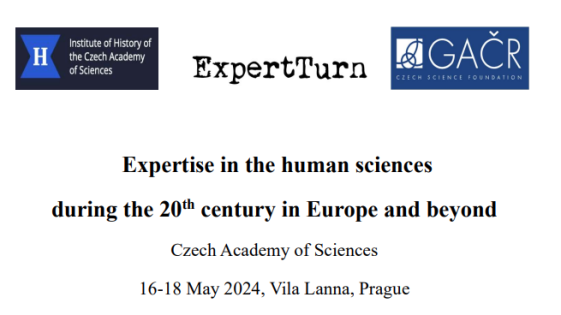How religion became expertise? Natural family planning and childbirth preparation in late socialist Poland

Na konferencji Expertise in the human sciences during the 20th century in Europe and beyond, organizowanej przez Czech Academy of Sciences w dniach 16-18 maja 2024 (Praga, Republika Czeska) prof. Agnieszka Kościańska i dr Agata Ingaciuk przedstawiły referat pt. "How religion became expertise? Natural family planning and childbirth preparation in late socialist Poland". Poniżej jego krótki opis:
Recent scholarship on Central Easter Europe shows that after WWII the region became a space of rapid development of socially applicable expertise. In this paper, we look at the case of Poland, where differently to other socialist states of the region religion also played an important role. Throughout the entire period of socialism the Catholic church kept its prominent position in the country. However, in the realm of sexuality and reproduction religious teachings, such as strong anti-abortion statements, were often censored. Therefore many Catholic medical experts made an effort to translate religious message into secular expertise. We examine the activities of Catholic gynaecologist Włodzimierz Fijałkowski, the key promoter of natural family planning and preparation for childbirth in Poland. His writings about “natural family planning” involved reports for the major Polish gynaecological journal from international anti-abortion conferences organised by the International Federation for Family Life Promotion in which he participated. In these reports, he presented religious driven ideas about “natural family planning” as scientific. In the childbirth trainings he organized, he encouraged fathers to be involved in family planning, to support their pregnant wives, and participate in childbirth. Furthermore, he argued for women’s agency vis-à-vis obstetric professionals. However, our close examination of his vision of childbirth and family planning leaded to a humanization of the embryo and foetus from the earliest stages of pregnancy, and became an important transmission medium for the gradual mainstreaming of anti-abortion ideas within medical expertise in late-socialist Poland


